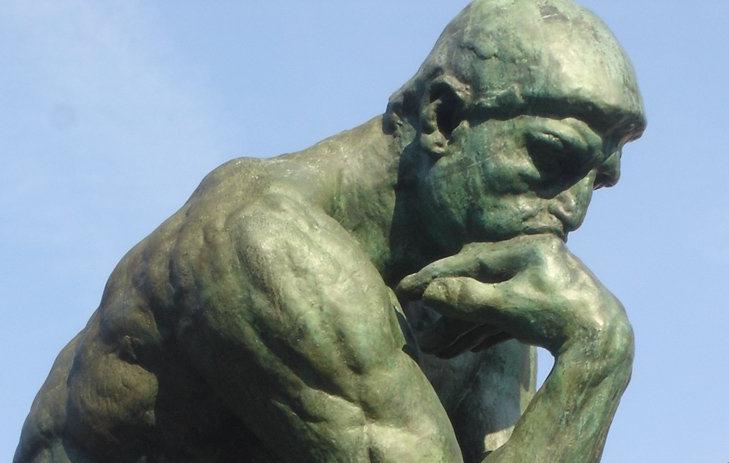Explanatory vs. Defensive reasons
In this post I want to approach the topic of the previous post from a different angle. I raised two questions about the U&C study: whether people believe the comparative ratings (Question 1), and what inference, if any, leads them to their ultimate verdict (Question 2). Either question would be …


